Sharenting and minors in the network
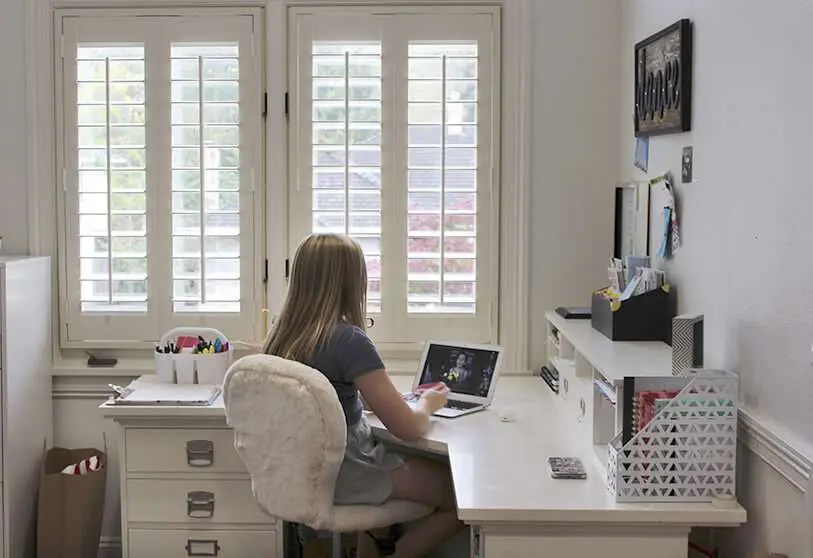
The digital era has changed our way of life both privately and at work. With the advent of social networks, many users began to use them as a means to promote their businesses and even to publicise aspects of their daily lives. In this article we will focus on both, on how 'sharenting' has managed to profit parents while sharing audiovisual content about their underage children.
The term sharenting is formed by the union of the Anglo-Saxon words share-, meaning sharing, and -parenting, parenting. These two linked words refer to the lack of privacy that children suffer from their parents when they share images, videos and details about their private lives on the internet and, in particular, on social networks.
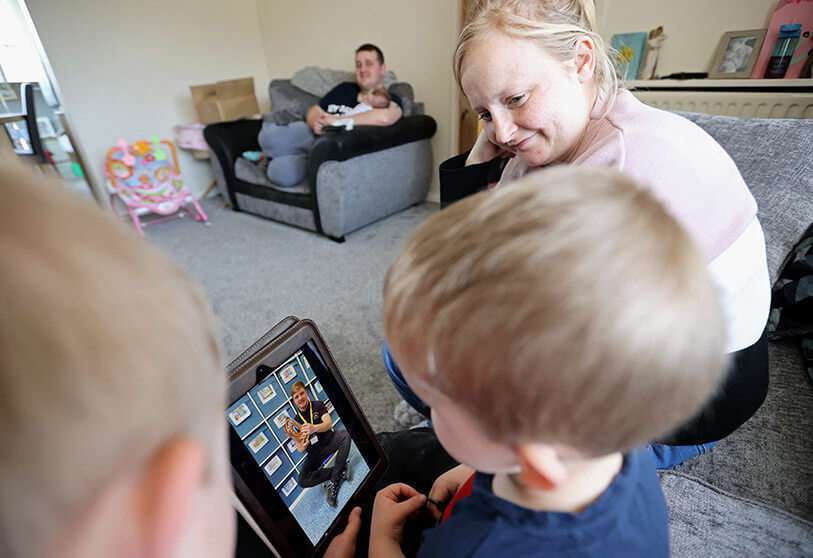
But there is a phenomenon that is still on the rise: oversharenting. This term refers to the overexposure of parents. They share everything from specific experiences to moments of their daily routine with their "followers" through numerous platforms, the most common of which are YouTube and Instagram. What all social networks have in common is that they can be accessed anytime, anywhere.
This phenomenon generates so much money per month that, for many families, sharing their lives has become their main source of income. Some brands have even taken an interest in them, offering to advertise their products in exchange for payment. The problem is that the protagonists of the content they share are mostly minors.
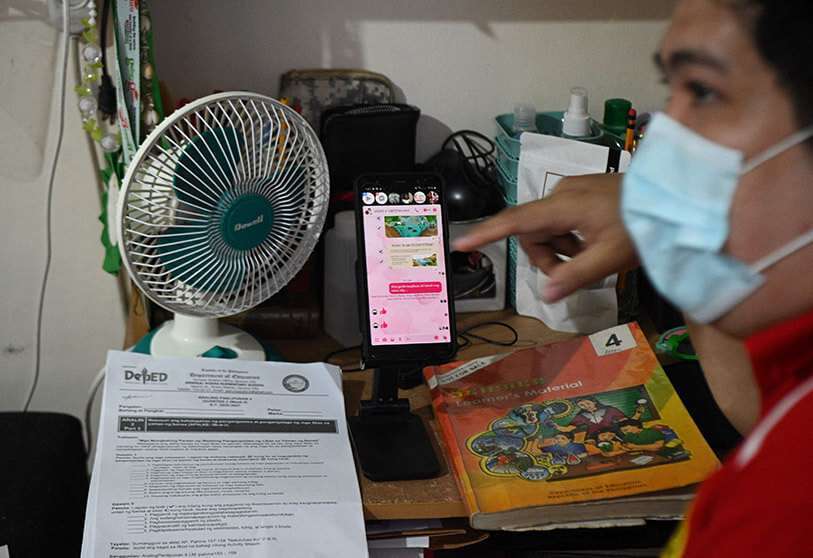
Overexposure issues
Children have a digital footprint that they did not create themselves. The term digital footprint refers to the identity created through records and traces left on the internet. This is detrimental to children in the short and long term: in the short term, they may find themselves in uncomfortable situations, such as being recognised by people they do not identify. And in the long term, as they are in their teenage years, they may be subjected to cyber-bullying that can damage their self-esteem, reputation and social relationships. And in adulthood, in the workplace, where they may have difficulties in gaining access to employment.
It seems contradictory that while platforms themselves prevent children under the age of 13 from having their own accounts, social networks do not place limitations when they are protagonists. The same applies to the media, who are legally obliged not to publish images of minors or, if they are shown, they must be pixelated.
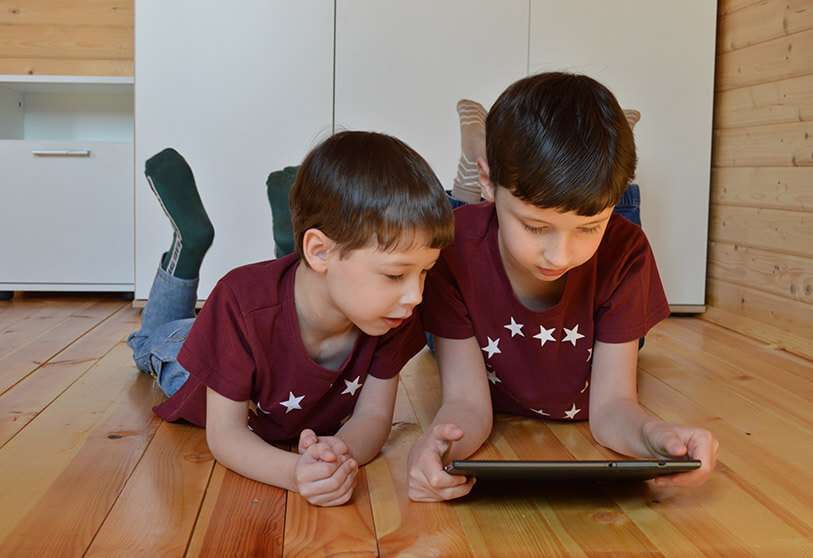
How can a criminologist intervene in this phenomenon? The main function of a criminologist is to prevent crime, so we will be responsible for advising and raising the awareness of both parents and followers of these channels of the risks involved.
What are the risks that may exist when sharing images and videos of minors?
- Firstly, providing details of their private life to strangers: what city they live in, filming them in their school uniform, where they go on holiday, what their daily routine is, among others. These details can lead to someone recognising them in the street and there can be no stranger feeling for a child, or even for an adult, than to be approached by a stranger who knows aspects of your life without you having told them. Also the fact of being able to recognise the logo on the school uniform can lead to someone approaching the school to take photos or even to the point of threatening the integrity of minors.
- Intrusion into the private sphere. Many social media followers are unable to distinguish between the private and public sphere. A large number of youtubers and influencers have been forced to deny rumours and even clarify personal circumstances: why they have divorced, if they have changed jobs, why their children no longer appear...
- In relation to this last sentence, followers decrease considerably if the children no longer appear in the content. A fact that proves once again that many of the followers are there mainly to see the children.
- Images and videos can end up in unwanted places, even becoming pornographic material on forums and computers. When shared publicly on platforms, the content is no longer controlled by parents. No matter how much later they come to their senses and delete the content, it will still be on the internet, so it is important to make the right choices about what can and cannot be shared. If we upload an image or video of a child wearing a swimming costume or in the moment of hygiene, an individual can adapt it and with the use of applications and treatment with computer programmes can modify the child's body.
- Potential identity theft. Some users have even acquired images to promote them in advertising without their parents' knowledge, as happened with the TikTok application that collected information on minors under 13 years of age and which was reported by INCIBE in its article The TikTok application fined for collecting data on minors (INCIBE-CERT). Others even by passing them off as their own children, as it was the case for Emory Keller-Kurysh, who in 2018 was notified that her daughter was on a Facebook account being presented by a married couple as theirs.
- Appropiate use of the internet is important. It is necessary to be more aware of the conditions of use and privacy policies that all social networks have. It is also important to avoid a possible addiction to its use and not to allow it to affect mental health. Many users have mood and self-esteem changes depending on the "likes" they get. Even more serious problems, such as those shared by my colleague Jesús Cervera in his article "Nuevas Tecnologías y pornografía. Riesgos en adolescentes" (New technologies and pornography, risk in adolescents). https://www.sec2crime.com/2021/01/21/nuevas-tecnologias-y-pornografia-riesgos-en-adolescentes/#, can result from uncontrolled access to ICTs and parents who are incapable of managing their use and limitations.
- Set up Google alerts.If the name or any information related to your children appears on the Internet, you can take measures in time to find out what it is about.

Legally, Spain contains numerous articles on the protection of minors, such as:
- Organic Law 3/2018, of 5 December, on the protection of personal data and guarantee of digital rights.
- In Article 94 "Right to be forgotten in social networking services and equivalent services", reference is made to the right of the individual that in cases where third parties have uploaded information about them, the content can be deleted. In paragraph 3, it specifies that if the content was uploaded while the person was a minor, the content must be deleted without delay.
- Article 197.7, Title X, Chapter I. Criminal Code. Minors who reach the age of majority and wish to sue their parents may do so for having disseminated, disclosed or transferred to third parties, through images or audiovisual recordings, content about their personal privacy.
- Article 197, paragraph 7, specifies that parents may be punished with imprisonment of three months to one year or a fine of six to twelve months if they are found guilty.
- Article 4, Title I, Chapter II. Civil Code. Article 4 covers the rights to honour, privacy and self-image. If the content uploaded by a parent violates any of the three aforementioned rights, even if the child is a minor, the facts may be reported. The Public Prosecutor's Office will be responsible for requesting precautionary measures for the removal of the content, as well as taking action to ensure that the minor obtains compensation for the infringement of fundamental rights.
It is normal for a parent to want to share images or videos of their children's progress, but the content should remain private, or at most, be shared among people they know and know will not misuse it.
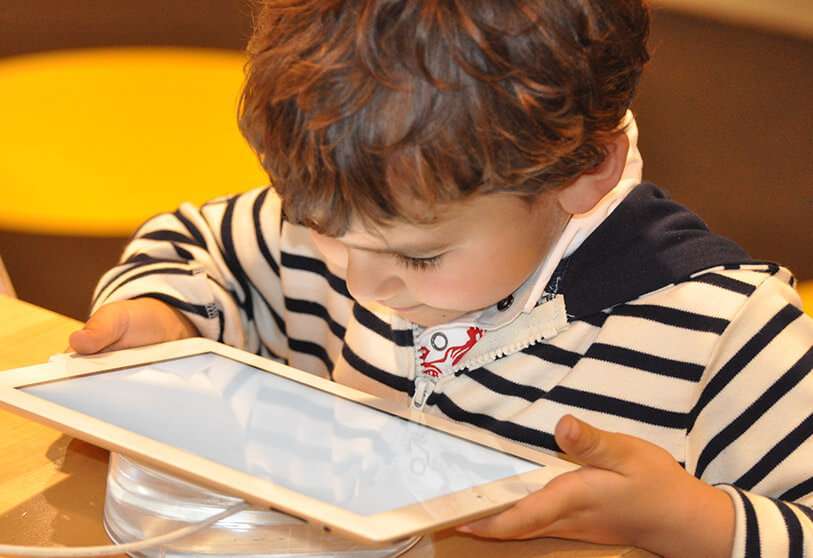
But if parents want to go beyond that barrier and make content public, they should protect their children as much as possible. Showing their face, their likes and dislikes, as well as specific details would not be the right way to do it.
In the "legal field" section, I shared the laws that are currently in force in Spain in favour of the protection of minors, therefore, they must be put into practice. If not, there seems to be a legal vacuum. How can a minor report a violation of his or her rights if he or she is not even mature enough to understand what is happening? When these children of youtubers, instagramers, etc. become aware that their life is similar to a reality show or to the famous film 'The Truman Show' (1998), what is going to happen? Because their lives have been exposed for years to a multitude of strangers. For the moment we don't know, but we hope that the necessary measures will soon be taken, as in France and Italy, where it has been banned since 2016.
Anaïs Iglesias Pérez,Criminologist and contributor to Sec2Crime.
- BOE, Official State Gazette: https://www.boe.es/buscar/pdf/2018/BOE-A-2018-16673-consolidado.pdf. https://www.boe.es/buscar/act.php?id=BOE-A-1995-25444. https://www.boe.es/buscar/pdf/1996/BOE-A-1996-1069-consolidado.pdf
- Gutíerrez, Escarlata (2019). Posibles consecuencias legales para los progenitores por la publicación de fotos de sus hijos menores de edad en redes sociales. https://elderecho.com/posibles-consecuencias-legales-los-progenitores-la-publicacion-fotos-hijos-menores-edad-redes-sociales
- Ramón, Francisca (2015). Menores y redes sociales: cuestiones legales. https://polipapers.upv.es/index.php/reinad/article/view/3300/3964
- Piulachs, Alba (2018). Sharenting y límites éticos en la era 2.0; análisis de la situación y casos españoles en la plataforma YouTube. https://ddd.uab.cat/pub/tfg/2018/196081/TFG_Piulachs_Castrillo_Alba.pdf
